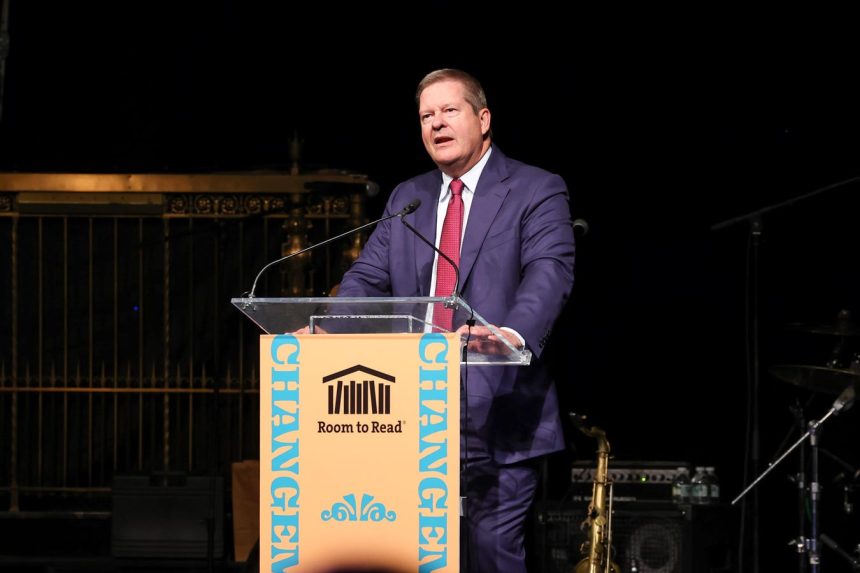The prevailing narrative surrounding monetary policy often centers on the notion of “easy money” or “costless credit,” a concept frequently touted by economists and commentators. However, the fundamental principles of finance, particularly the potent force of compound interest, reveal this idea to be a fallacy. Capital, by its very nature, carries a cost. Those who possess it understand its inherent value and are reluctant to part with it cheaply, recognizing the potential returns it can generate. This inherent cost of capital forms the bedrock of financial markets and influences lending and borrowing decisions at all levels.
The myth of costless credit has been perpetuated by influential voices, despite the underlying realities of financial markets. This misconception often arises from a misunderstanding of the role of central banks and their influence on interest rates. While central banks can manipulate short-term interest rates, they cannot dictate the overall cost of credit or eliminate the risks inherent in lending. The market, driven by the forces of supply and demand, ultimately determines the true price of credit, taking into account factors such as risk, opportunity cost, and inflationary expectations.
The case of HPS Investment Partners, a firm specializing in private credit, serves as a compelling illustration of the flawed logic behind “easy money” theories. Founded in 2007, HPS thrived during a period marked by supposedly loose monetary policy from the Federal Reserve. Its success stemmed from providing direct loans to businesses often deemed too risky by traditional banks, charging higher interest rates to compensate for the increased risk. This demonstrates that credit availability isn’t solely determined by central bank actions. Instead, market forces drive credit allocation, with specialized lenders stepping in when traditional institutions retreat.
HPS’s business model directly contradicts the narrative of costless credit. If credit were truly cheap or free, as some suggest, there would be no need for firms like HPS. Their success underscores the fact that a substantial market exists for credit at market-determined rates, reflecting the real cost of capital and the associated risks. The very existence and prosperity of HPS demonstrate that the Fed’s influence on credit markets is far less direct and impactful than often assumed.
The acquisition of HPS by BlackRock for $12 billion further validates the firm’s approach. This significant investment underscores the value of HPS’s business model, which focuses on providing credit to businesses overlooked by traditional lenders. The acquisition highlights the reality that even during periods of supposedly loose monetary policy, there is a robust demand for credit at market-determined rates. This contradicts the notion that central banks can effectively eliminate the cost of credit.
HPS’s success story offers several key insights. First, it demonstrates that credit markets are complex and driven by more than just central bank policies. Risk assessment, market demand, and the inherent cost of capital play crucial roles in determining the availability and price of credit. Second, it reveals the limitations of central bank intervention. While central banks can influence short-term rates, they cannot control the overall cost of credit or eliminate the risks associated with lending. Finally, HPS’s story highlights the importance of understanding the interplay between market forces and central bank actions. The real cost of credit is ultimately determined by the market, not by central planners. The market’s ability to function independently, even in the face of central bank interventions, demonstrates its resilience and adaptability.



